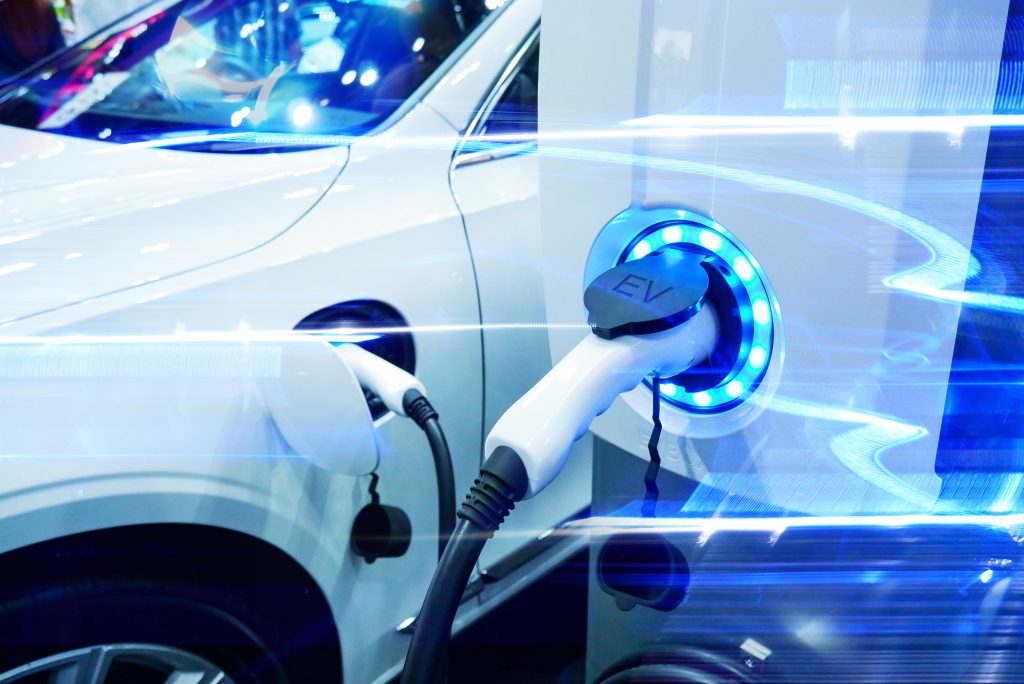
The U.S. Department of Energy recently awarded $2.9 million to Penn State researchers, to assist them in studying commercially-adaptable electric vehicle batteries with twice the energy density and cycle life of current technology.
Donghai Wang, professor of mechanical engineering and chemical engineering, and an affiliate of the Penn State Battery and Energy Storage Technology Center, Institutes of Energy and the Environment and the Materials Research Institute, has received funding for two projects to address challenges related to lithium-sulfur batteries and their application in electric vehicles.
“Energy storage is pivotal for electrification in transportation and renewable power grids,” Wang says. “My group works from materials to prototype-level to develop next-generation energy storage technologies.”
This next generation of batteries, which use sulfur in addition to lithium within their cores, has the potential to store double the energy of lithium-ion batteries at the same weight and are significantly less expensive to produce. However, the presence of sulfur and lithium can cause unstable battery cycling. Wang indicates the grant funding will enable his group to address fundamental challenges like these, and demonstrate prototypes for electric vehicle applications.
“Energy storage is pivotal for electrification in transportation and renewable power grids.”
Wang’s first project, which received $1.2 million in grant funding, will address battery polysulfide dissolution and migration. As electricity flows into the sulfur cathode within the battery electrode, the material can rapidly break down into polysulfide and dissolve, a process called polysulfide dissolution. Wang and his team aim to fundamentally change the chemistry of the Li-S battery cell to avoid this polysulfide dissolution. Wang will partner with Anh Ngo, associate professor of chemical engineering at the University of Illinois at Chicago, on this project.
The second project, which received $1.6 million in grant funding, aims to develop a functional electrolyte to form protective interfaces on the battery sulfur cathode and the anode. Currently, dendrites, or spiky structures that grow on the anode during charging, can form within the battery and affect the battery’s cycling stability. Wang and his team will investigate how the electrolyte can form a stable interface and protect the battery.
“The adoption of EVs on roads could reduce the emission of greenhouse gas.”
If successful, these methods can counteract the adverse reactions of the sulfur and allow next-gen batteries to operate with a longer cycling life. According to the Department of Energy, advancements like these could increase the use of electric vehicles and enable more affordable, better-performing vehicles that would significantly reduce carbon dioxide emissions.
“The adoption of EVs on roads could reduce the emission of greenhouse gas,” Wang adds. “As a researcher in academia, we focus on the fundamentals of materials electrochemistry to address the challenges in battery technology and improve battery life and efficiency. “

